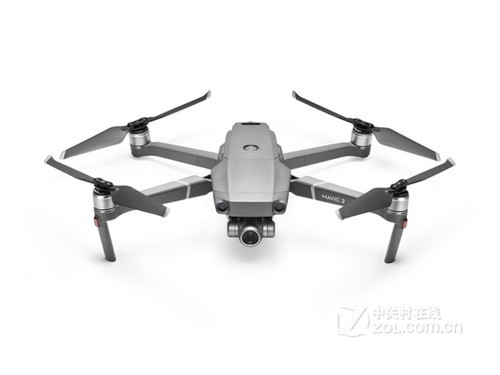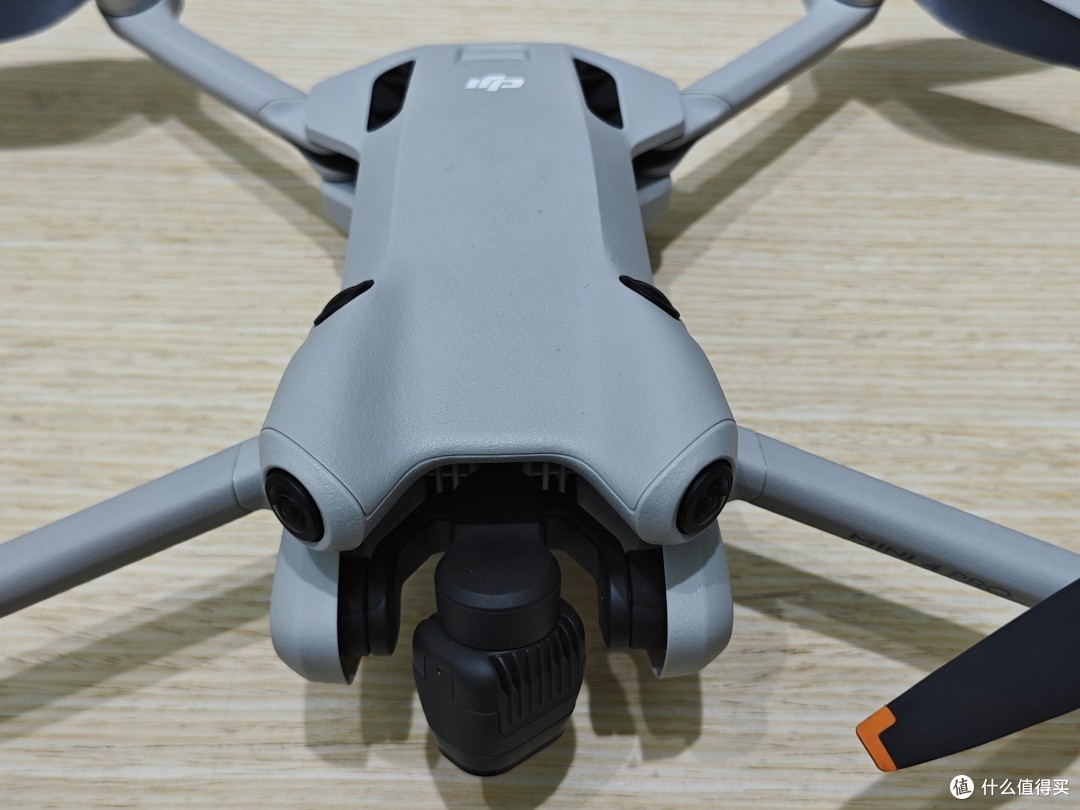The DJI Mini 4K Drone has been embraced by aerial photography enthusiasts worldwide, but like any sophisticated equipment, it can sometimes encounter issues. Understanding how to troubleshoot common malfunctions can save time and enhance your flying experience. Here, we will explore various scenarios where your DJI Mini 4K drone might not operate as expected and ways to resolve them.
Battery and Power Issues
The heart of any drone’s operation is its battery. If your DJI Mini 4K drone fails to start, a probable cause could be the battery. Ensure the battery is fully charged, and all contacts are clean and free from debris. Sometimes, batteries can lose efficiency over time. Checking battery health regularly can prevent unexpected power failures during flight. Periodically, the firmware may require updates that affect power management; thus, ensure your drone’s firmware is up-to-date.
Motor Malfunctions
Another common issue is drone motor malfunction. Motors can show signs of wear-and-tear or blockages from dirt. A routine inspection of the motors can help to identify any obstructions. Lubricating motors occasionally will also enhance their longevity. If a motor refuses to spin, recalibrating the drone might restore normal function. Certain external conditions, like extreme cold, can also inhibit motor performance, so consider the environment before flying.
Camera Problems
The DJI Mini is cherished for its 4K camera, but glitches can arise in image or video quality. Verify that the lens is clean and the gimbal is unobstructed. Calibration of the camera may also be necessary if blurry images are consistently produced. If the camera doesn’t record properly, checking the memory card or undertaking a system reset might be warranted.
Connectivity Issues
Drone and controller connectivity is crucial for smooth operation. If connectivity drops or behaves erratically, ensure that the controller and drone are both running the latest software. Environmental interference such as high-wifi zones can disrupt signal; fly in areas with minimal electronic interference to maintain stable connections.
Sensor Failures
Sensors allow drones to navigate safely and avoid collisions. It’s vital to keep sensors clean. Inspect and ensure there are no particles obstructing vision. Some drones might require recalibration after extensive use, as sensors can become misaligned.
Troubleshooting Flight Instability
At times, your DJI Mini 4K might fly unevenly or appear shaky. Recalibrating the drone often resolves this. Moreover, examine the drone’s balance and distribution of weight. Ensure propellers are intact and properly fastened, as loose or damaged propellers can affect stability. Winds and extreme weather should be avoided as they may exacerbate instability in flight.
FAQs
How often should I calibrate my DJI Mini 4K drone?

Calibration is typically necessary every few flights, particularly after rough handling or storage changes. If experiencing erratic flight patterns, recalibrate immediately.
What should I do if my drone does not respond?
First, check your controller’s connection and ensure the drone’s power is on. Reboot both the drone and the controller. If the problem persists, consult the manual for further assistance or seek professional repair services.
Plus, how can I prevent connectivity issues?

Regularly update your drone and controller’s firmware, maintain line-of-sight during flights, and avoid environments with heavy electronic interference.
Troubleshooting your DJI Mini 4K drone doesn’t have to be daunting. With these tips, addressing common issues can become a streamlined part of maintaining your drone, ensuring you can capture stunning aerial footage with ease and confidence. Adhering to regular maintenance schedules and keeping up with firmware updates can significantly mitigate functionality problems, while understanding your drone’s operational nuances can offer peace of mind in your aerial endeavors.